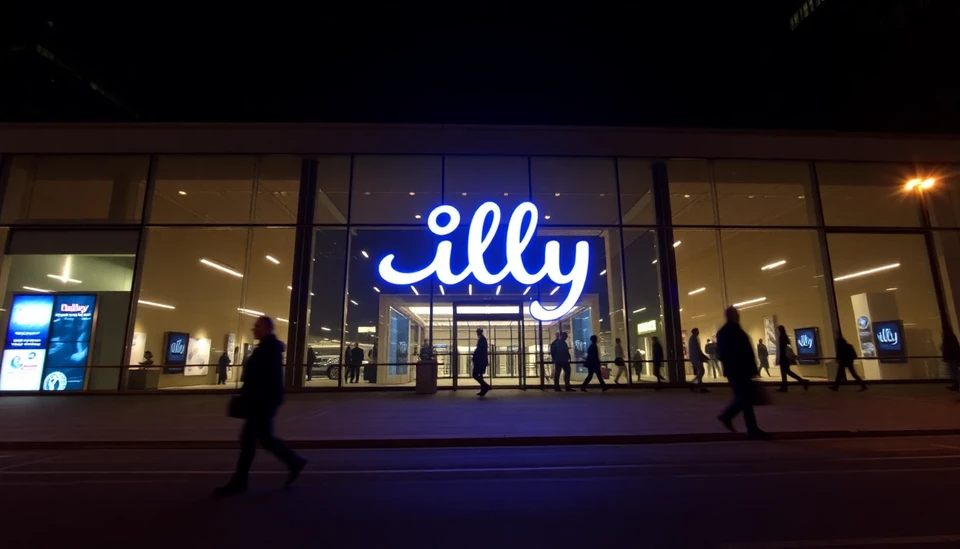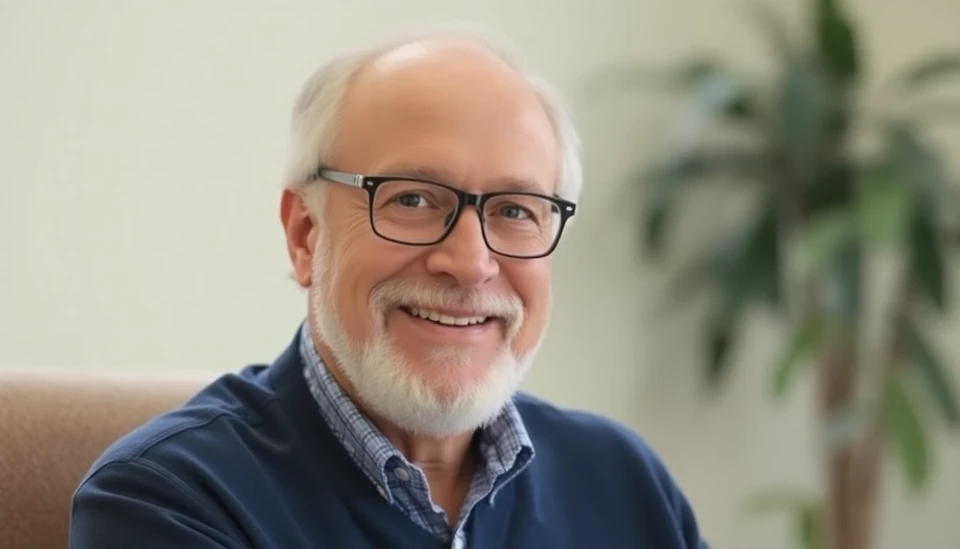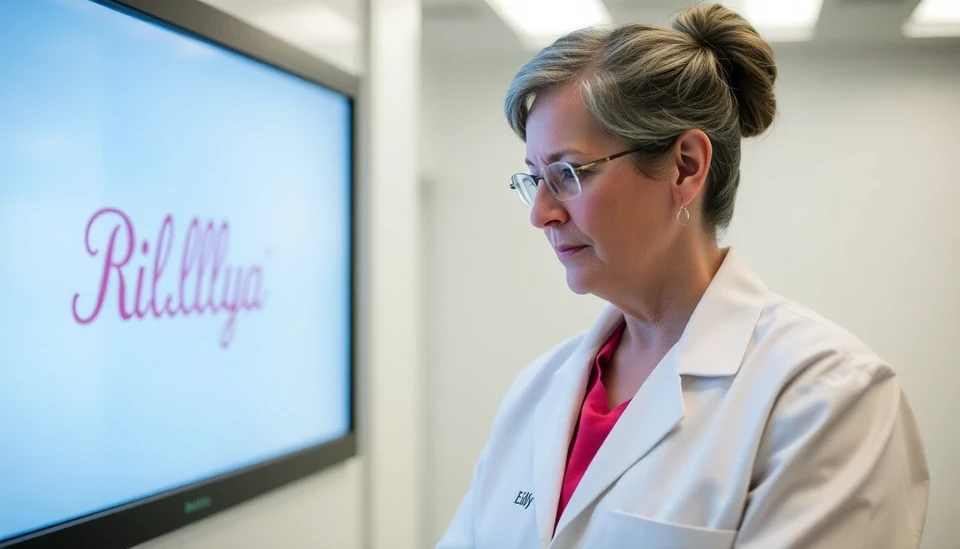
In a significant move within the pharmaceutical realm, Eli Lilly and Company has announced an agreement to purchase Scorpion Therapeutics’ innovative cancer therapy. The deal, potentially valued at an astonishing $2.5 billion, underscores Lilly's strategic push to enhance its oncology portfolio amidst a fiercely competitive market. This acquisition comes at a time when companies are aggressively seeking novel treatments to address the growing demands of cancer patients globally.
Under the terms of this agreement, Lilly will initially pay Scorpion $1.5 billion. This upfront payment will be complemented by an additional $1 billion contingent on Scorpion’s achievement of certain developmental and commercial milestones. Such milestones often pertain to the successful advancement of drug candidates through various stages of clinical trials and subsequent commercialization.
Scorpion Therapeutics, known for its expertise in next-generation oncology therapeutics, has gained attention for its promising drug pipeline, which utilizes proprietary platforms designed to target specific cancer pathways. The acquisition signifies Lilly’s commitment to expanding its arsenal of cancer therapies, especially in light of the increased prevalence of various cancer types.
Lilly's CEO highlighted the strategic importance of this deal in their ongoing quest to transform cancer treatment options available in the market. The CEO stated, “This acquisition aligns perfectly with our mission to bring forward innovative therapies that have the potential to make a significant impact on patient lives.” With this acquisition, Lilly aims not only to bolster its market position but also to provide patients with more effective treatment alternatives.
The oncology sector is currently experiencing rapid advancements, with numerous pharmaceutical companies investing heavily in research and development. This growing trend reflects the pressing need for new and more effective cancer treatments as patient populations increase and new cancer types emerge. Lilly’s acquisition of Scorpion Therapeutics places it at the forefront of this advance, reinforcing its reputation as a leading player in cancer research and drug development.
Industry analysts have lauded the move as a proactive strategy amid growing competition and technological innovations in cancer therapeutics. Observers suggest that Lilly’s investment will enable it to leverage Scorpion's capabilities in designing targeted therapies, thereby enhancing treatment outcomes for patients.
As the details surrounding this acquisition unfold, stakeholders and investors alike are keenly monitoring how this will impact Lilly's long-term growth and market share in the oncology field. The Pharma giant has maintained a strong presence in cancer treatments, and this expansion could very well cement its role as a pivotal resource in the fight against cancer.
This deal not only signifies a financial investment but also reflects the continuing trend of collaboration and consolidation within the pharmaceutical industry, particularly centered around innovative treatments. As more companies recognize the value of specialized drug development, partnerships and acquisitions are likely to shape the future landscape of cancer therapeutics.
With the announcement of this transformative deal, Lilly is poised to make significant strides in advancing cancer care, potentially changing the lives of millions of patients worldwide who are in desperate need of effective treatment options.
In conclusion, this monumental agreement between Eli Lilly and Scorpion Therapeutics could set new benchmarks in the pharmaceutical industry, particularly in oncology, where innovation and strategic partnerships are crucial for progress and successful patient outcomes.
#EliLilly #ScorpionTherapeutics #CancerResearch #Pharmaceuticals #Oncology #CancerTreatment #HealthcareInnovation #MarketGrowth #DrugDevelopment #PharmaDeals
Author: Victoria Adams




